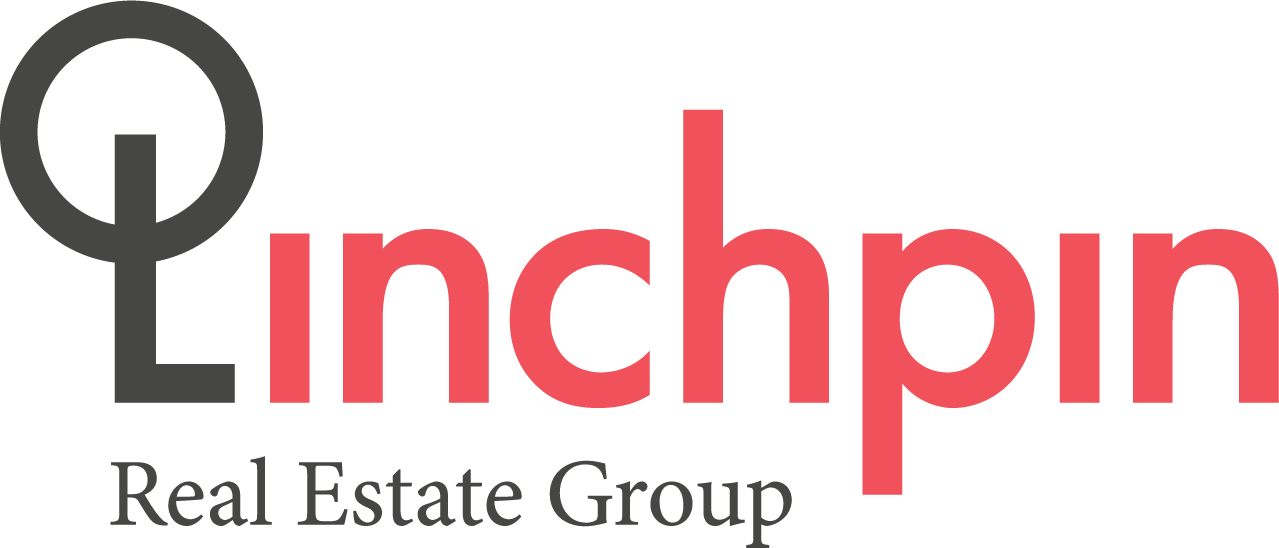Curious about Solar Panels?
To learn more about solar panels, we turned to Energy Consultant Kemp Bartlett from Sigora Solar to understand how investing in solar panels can benefit both your wallet and the market value of your home.
What is a solar panel? “In the simplest form, it’s a photovoltaic cell that essentially harnesses the power of the sun and puts it towards producing all the energy that we actually use in our homes and in everyday life. In Virginia, we participate in what’s called net metering, so you’re still fully connected to [your energy distributor’s] grid, so all the reliability stays the same.”
Why go solar? “Ultimately, it’s a way to take back ownership and control of your energy needs. You take the money you’re putting towards traditional utilities [electricity], and instead funnel that towards building equity in your home and property. It’s essentially owning your power instead of renting it. You’re really only paying off the system and material costs, so you know exactly what your payment will be each month. Once you pay it off, you cease to think about electricity as something you ever have to worry about again. The [power] bill goes away.”
What to consider. “If the power goes out, because you’re on the grid, you still lose electricity. The way we work around that is Sigora offers Tesla Powerwalls, similar to a generator. [Also,] a roof that is east or west facing is great because you get about half a day’s sun either way. In an ideal situation, your roof is facing south so you get sun the entire day. It can still make sense to go solar for people with a north-facing roof, but it’s not ideal. You want to make sure you go with a company that is reputable, and that’s planning to be here for the long-haul with a vision for the future, seeing solar as an infrastructure revolution.”
Cost. “Right now the government is offering everybody a 26% tax rebate for going solar. There is no cookie-cutter price [for solar]. It is custom designed based on multiple factors (e.g. roof facing, shading, obstructions, your home’s actual consumption). The goal is to take the money you’re paying to utilities right now, and put it towards your solar. For upkeep, solar is nothing new and there are plenty of systems from the 80s/90s still rocking and rolling excellently today and a new owner can pick up the payment, or you can pay it off at sale. At Sigora, everything we do comes backed by a 25-year warranty, which can be transferred to the next homeowner. The panels are going to last you way more than 25 years and there’s really nothing you need to do in terms of maintenance. Solar panels are also much stronger than a traditional roof.”
Impact on home value. “In 2019, Realtor.com listed solar in the top 5 most profitable things you can do in your home before you resell it, and the number 1 thing to do to sell your home faster. It’s a differentiating factor, and in 2019 Zillow said that solar adds around a 6.1% increase in the value of your home on the east coast. Additionally, you get the 26% rebate from the government, and when you go to sell the house, you aren’t under any requirement to pass that savings on and you can resell for the market value. Sigora Solar is a Pearl Certified provider, and a Pearl-certified home sells for about 5% more than other homes in the neighborhood.”
*Disclaimer: Information provided by Kemp Bartlett. Speak with your tax representative to learn more about the government rebate.
